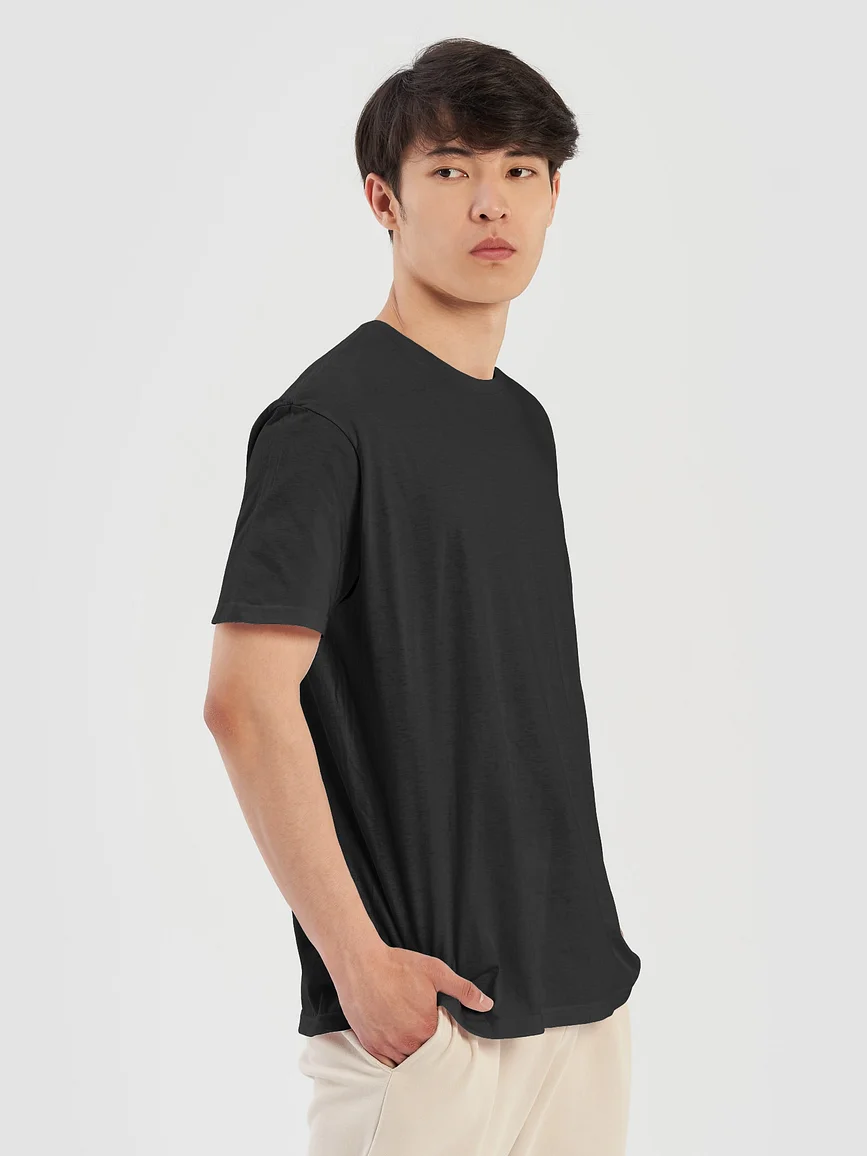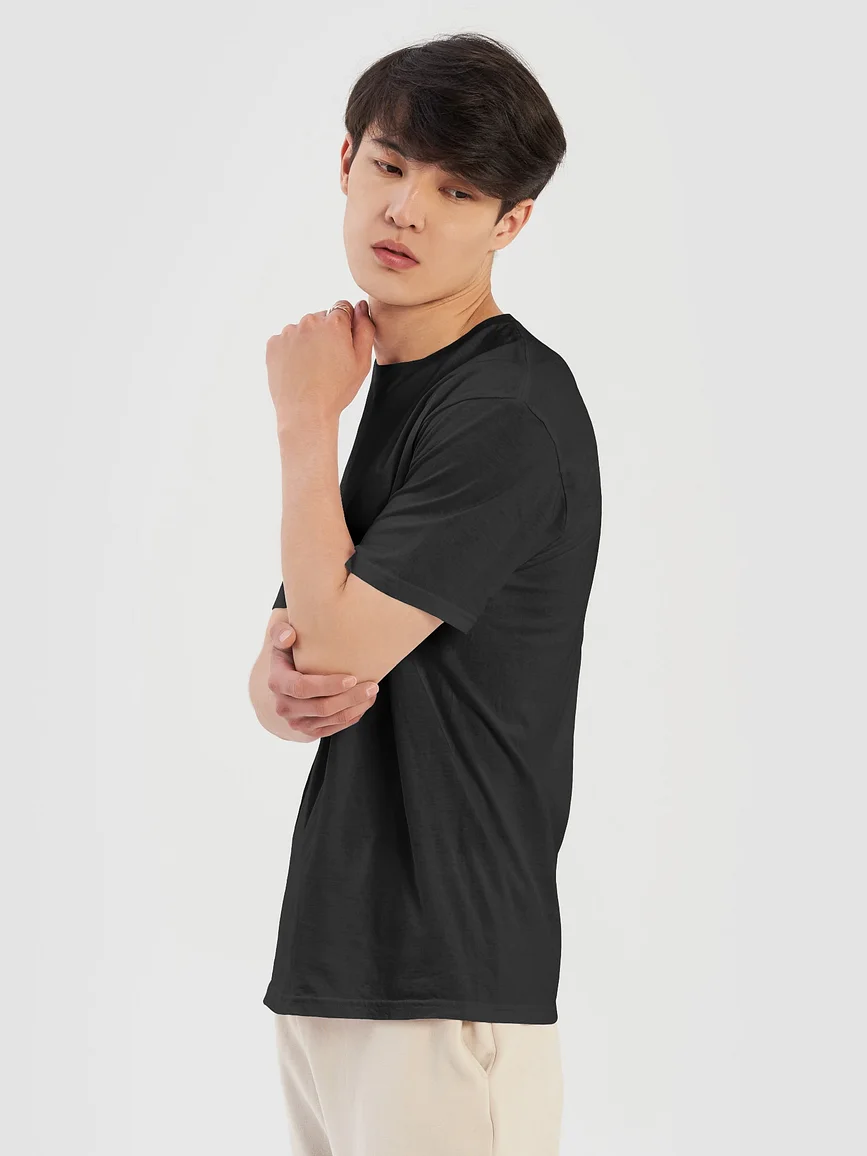Limited Edition or 'Always On' Drop Strategy? Here's How to Choose.

Have you thought about what style of merch shop makes sense for your unique brand? Yep, there are styles. In fact, when it comes to launching your online shop, there are two you can opt for: the always-on model, or the limited edition, a.k.a the “drop” model. While you can choose either style, limiting your shop to one or the other can present advantages and disadvantages.
First off, What Even Is An Always On Shop?
An always on shop is, well, exactly what it sounds like, in that it offers products that are available 24/7/365. You can stock your always on shop with readily available on-demand products, and that way you won’t run out.
What are the Pros and Cons of an Always-On shop?
PROS
- Products are, well, always available for your fans to purchase
- Because on-demand products are always in supply, shipping is a breeze
- You’ll likely never run out of an in-demand item
- Can be a consistent revenue stream when promoted consistently
CONS
- Except when adding or removing products from your shop, there’s no real way to increase demand
- Requires a consistent (and often tiring) amount of promotion
- More is often less: Too many product choices can cause your fans to abandon their carts if they’re unsure what to buy
Always available shops are a great choice for creators selling merch for the first time because they’re simple to manage, usually bring in consistent revenue and don’t require a ton of time and effort to launch. With a steady drumbeat of promotion on social, a good amount of swapping old, tired products in for new, cool ones and lots of love for your best sellers, you can generate steady, if not limited demand.
But are they as good as a limited edition-style drop shop?
Wait — What’s a Drop Shop?
If always available shops are the kind where products are stocked continuously, a drop shop is the opposite: Products are only available for a limited time or available only until a certain amount of inventory is sold, and then “dropped” at a certain date and time for maximum effect.
What are the Pros and Cons of a Limited-Edition Drop Style Shop?
PROS
- Creates sense of urgency (products are only available for a limited time)
- You only need to promote your shop around a drop, not 24/7
CONS
- Products are only available during the drop period, potentially denying additional long-tail revenue
- Limited inventories can lead to a less-than-optimal fan experience if the limited edition hoodie they want is sold out!
Because they’re timed releases, drops are great if you want to generate a lot of hype around your products while limiting the promotion you’ll have to do. No, really — data has shown that the sales generated on a single drop can be 10x that of an always-on shop over the same period.
But they come with some risk, too, because they rely heavily on products with a minimum order value and upfront costs. And, if you rely on drops too heavily, you can burn out the concept of “exclusivity,” especially if you’re dropping the same or similar products every time.
Thankfully, there’s a solution to the always-on shop’s slower sales and tiring promotional routine, and the limited edition shop’s inventory risks and exclusivity burn out: Do both.
When in Doubt, Combine the Two
Sorry, we buried the lede a bit here, but often the best choice when deciding between an always on and a limited edition, drop-style shop is to just combine the two. And that’s because having both will allow each of their advantages to shine through, and limit their disadvantages.
Without a doubt, a hybrid approach empowers creators to drive up the sense of urgency — without overdoing it — while simultaneously maintaining and offering an adequate and continuous stock of in-demand items. And the demand created for drops is like a high tide that’ll lift all boats: Data has shown that the lift generated from a single drop can simultaneously drive the sales of always-on products by an additional 20 percent.
So go ahead, split your inventory into separate drop and always available categories. That way you can focus on seasonal or limited time promotion for drop products while also hyping the year-round availability of evergreen items, striking the perfect balance between shop supply and customer urgency. Products that are still in high demand after a drop launch has expired can even be converted to always available inventory to satisfy all customers.
Finally, the entire process can be repeated with new items: First, they drop, then, they become shop constants if extra supply can be met with adequate customer demand. Smart.
















